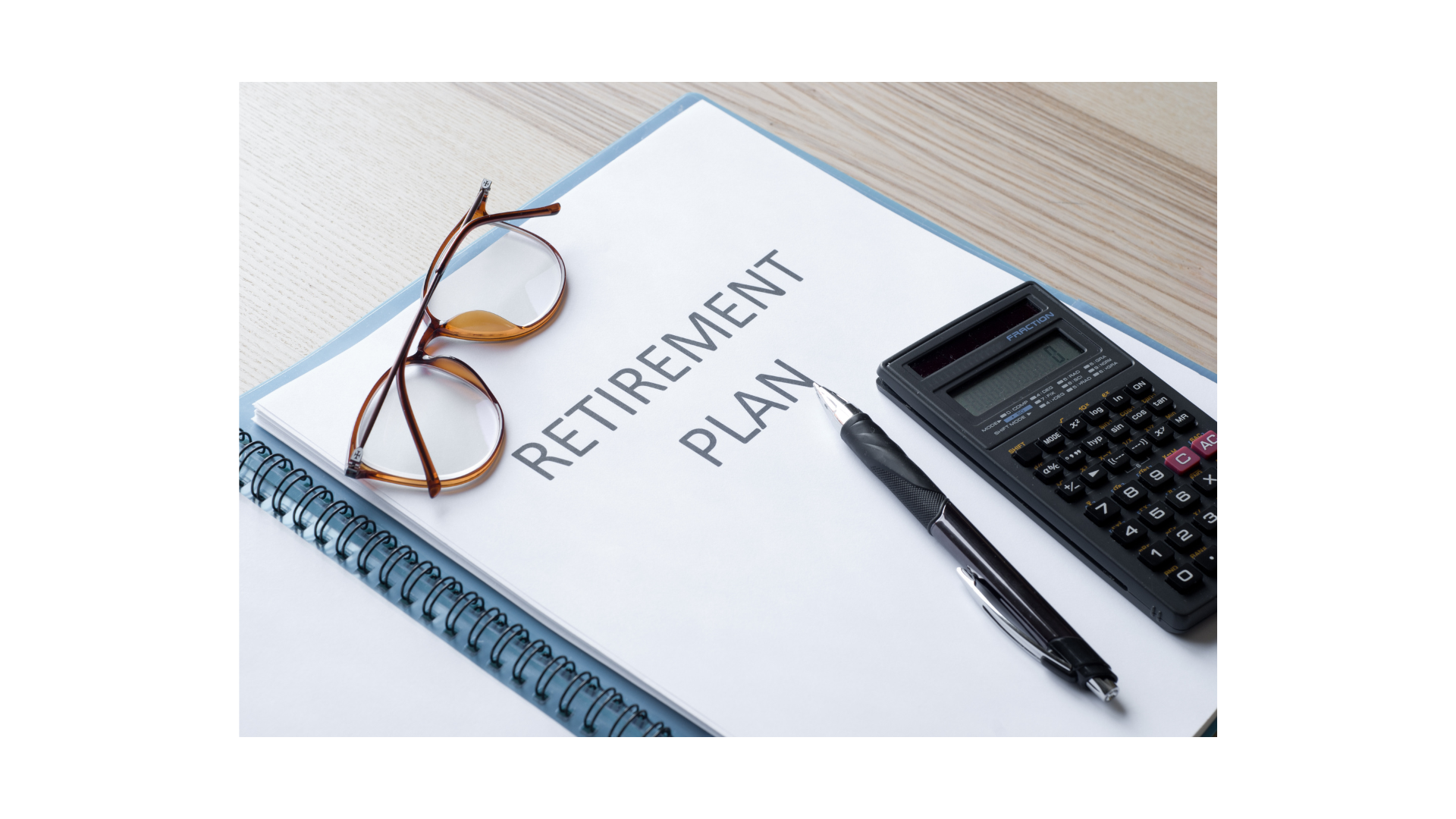Eliminate The Guesswork
Creating an estate plan is a key component of achieving financial wellness
Most people don’t spend too much time thinking about end-of-life planning on a daily basis. But you may have loved ones who will soon face those issues. While it’s not pleasant to think about, you may be the one who ends up having to sort out their affairs. In addition, there will come a time when you need to think about yourself and your own family.
In a nutshell, estate planning is writing down what you want to happen after you die. This is commonly accomplished using wills, trusts, advance directives and beneficiary designations on accounts. If you don’t have an estate plan when you pass away, you force people to guess what you wanted. Guessing can place a lot of stress on your family. Creating an estate plan is actually one of the most generous things you can do for them. Here are four key reasons to create an estate plan.
Choose How To Distribute Your Assets
An estate plan allows you to allocate your assets according to your wishes. If you don’t have an estate plan, your money and property may not get to the correct person. In addition, some people who get an inheritance in one big sum may have the potential to spend it all pretty quickly. Creating an estate plan identifies specific inheritances for certain beneficiaries, especially those who might be young, immature or irresponsible.
In addition, if there is not a will when you die, it is called dying intestate. Each state has a succession formula for who receives money and property left behind. In most cases, if the state can’t find anyone, it goes to the state where you passed away.
Set Up Care for Dependent Children
Families with dependent children should make a plan for childcare if both parents pass away. Many young couples don’t think about it, but in the event of both of their untimely deaths, they need to appoint someone to be the guardian of their children. Make sure that if you have minor children, that you have named someone to be the proper caretaker. Although it can be uncomfortable having the conversation on who will be the caretaker (your parents or your spouse or partner’s parents, for example), setting up an estate plan can prevent arguing among family members.
Avoid Probate
If you die without a will, your estate will go through probate. The probate process in most states takes a minimum of seven months to allow creditors to put through claims. In addition, it’s a public hearing, which allows people to know your personal business. The probate process can also be expensive, and legal costs will reduce the amount your loved ones inherit. Essentially, the probate process gets in the way of a smooth transition of your assets to your loved ones.
Minimize Taxes
Some advance planning can save your heirs from getting a big tax bill. For example, depending on whether or not your heir is a spouse or non-spouse (and subject to certain rules), they may need to pay income tax on money they inherit and withdraw from a traditional IRA. However, if they inherit a Roth IRA that was funded for five years or more prior to your death, distributions can be taken tax-free. In addition, if you plan to leave behind an estate in excess of $12.06 million (based on 2022 Internal Revenue Service figures), you need to make a plan for estate taxes, or the so-called “death tax.” Some states also have an estate or inheritance tax with a different threshold. You can reduce these estate taxes with an estate plan.
This material was created for educational and informational purposes only and is not intended as ERISA, tax, legal or investment advice. If you are seeking investment advice specific to your needs, such advice services must be obtained on your own separate from this educational material.
Kmotion, Inc., 412 Beavercreek Road, Suite 611, Oregon City, OR 97045; www.kmotion.com
©2022 Kmotion, Inc. This newsletter is a publication of Kmotion, Inc., whose role is solely that of publisher. The articles and opinions in this newsletter are those of Kmotion. The articles and opinions are for general information only and are not intended to provide specific advice or recommendations for any individual. Nothing in this publication shall be construed as providing investment counseling or directing employees to participate in any investment program in any way. Please consult your financial advisor or other appropriate professional for further assistance with regard to your individual situation.The body content of your post goes here. To edit this text, click on it and delete this default text and start typing your own or paste your own from a different source.


Iowa
4200 University Avenue, Suite 200
West Des Moines, IA 50266
800-677-1529
Securities offered through LPL Financial, Member FINRA/SIPC. Investment advisory services offered through Global Retirement Partners, LLC dba AssuredPartners Financial Advisors, an SEC registered investment advisor. AssuredPartners Financial Advisors and LPL Financial are separate non-affiliated entities.
GRP Advisor Alliance is an independent network of retirement plan focused advisors. GRP Advisor Alliance is not affiliated with or endorsed by LPL Financial.
The financial professionals associated with LPL Financial may discuss and/or transact business only with residents of the states in which they are properly registered or licensed. No offers may be made or accepted from any resident of any other state.









